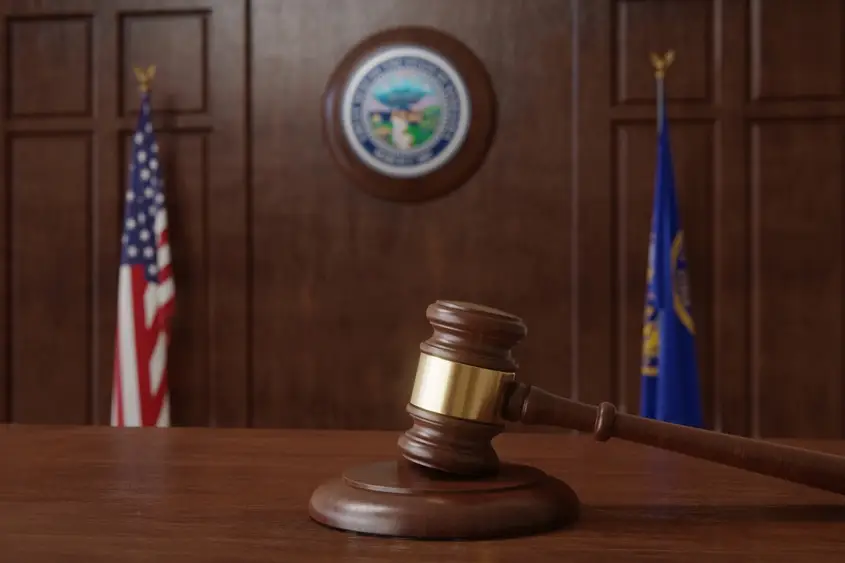Judge Andrew Gordon seems to be souring on sports contracts.
Gordon denied Crypto.com’s request for a preliminary injunction against the Nevada Gaming Control Board on Thursday. What the prediction market exchange was skeeing was the same type of relief the same judge granted Kalshi in April 2025. Judge Gordon’s new reasoning is that contracts based on “outcomes” instead of “occurrences” of an event do not qualify as swaps.
NEW: Nevada federal judge explains on the record that because https://t.co/jeBmEO4GSa’s sports prediction contracts are based on the “outcomes” of sporting events rather than their “occurrence” or “non-occurrence” they do not qualify as “swaps” under the CEA. pic.twitter.com/RrMyytB2ZC
— Daniel Wallach (@WALLACHLEGAL) October 6, 2025
Crypto.com made similar arguments as Kalshi, invoking federal preemption of state gaming laws and regulations. Kalshi has also had preliminary injunction rulings in New Jersey and Maryland since that original decision.
The Maryland decision is Kalshi’s only loss on a preliminary injunction motion so far. Judge Adam Abelson argued that events on the outcomes of games were clearly “gaming,” so state gaming laws would apply to that subset of contracts. He also argued that different rules could apply to different sections of Kalshi’s exchange, so that the Commodity Exchange Act (CEA) and state gaming laws would not be in conflict.
Nevada judge addressed the question of who decides what a swap is
Judge Gordon previewed his argument that Crypto.com’s filings did not constitute swaps. During oral arguments, he said:
“Yes, the CFTC has exclusive jurisdiction over agreements involving swaps, but the statute doesn’t say it has exclusive jurisdiction to determine what is a swap. Congress has defined what a swap is by statute. Clearly, since Marbury vs. Madison and up through Loper Bright, the Courts have always said that it is emphatically the province of the Courts to interpret the law, say what the law is.”
Judge Gordon sees a place for the courts to weigh in on what a swap is and challenged the CFTC’s sole authority to determine which products are swaps. At the end of the hearing, Gordon summarized his view on the case:
“Here’s where I’m at: Crypto’s contracts explicitly refer to outcome. I see outcome as different than occurrence, non-occurrence, or extent of contingency of occurrence. They’re just different things. If they were all the same, everything would be a swap, and that’s not what I think Congress intended or the CFTC intended.”
He focused on the language within Crypto.com’s contracts to draw a distinction between his favorable ruling in Kalshi’s case and his evolving views on sports contracts. His written opinion will likely explore this distinction in greater detail.
However, Judge Gordon’s changing views on sports contracts may have come too late to derail sports contracts altogether.
Appellate courts will decide the future of sports contracts
Kalshi already has two appeals cases underway. New Jersey appealed its loss in the Third Circuit, and Kalshi appealed its unfavorable ruling in Maryland in the Fourth Circuit. If Nevada’s case reaches the appellate level, then Kalshi will have a case in the Ninth Circuit, too.
The appellate courts have the highest stakes, because they will either decide the sports contract issue or become launchpads to the Supreme Court. A district judge’s new stance wouldn’t impact decisions from those courts.
However, state gaming regulators are likely to seize on Judge Gordon’s new decision in their filings against Kalshi. The opinion and its reasoning will likely at least play a role in a new line of attack from the states.


























